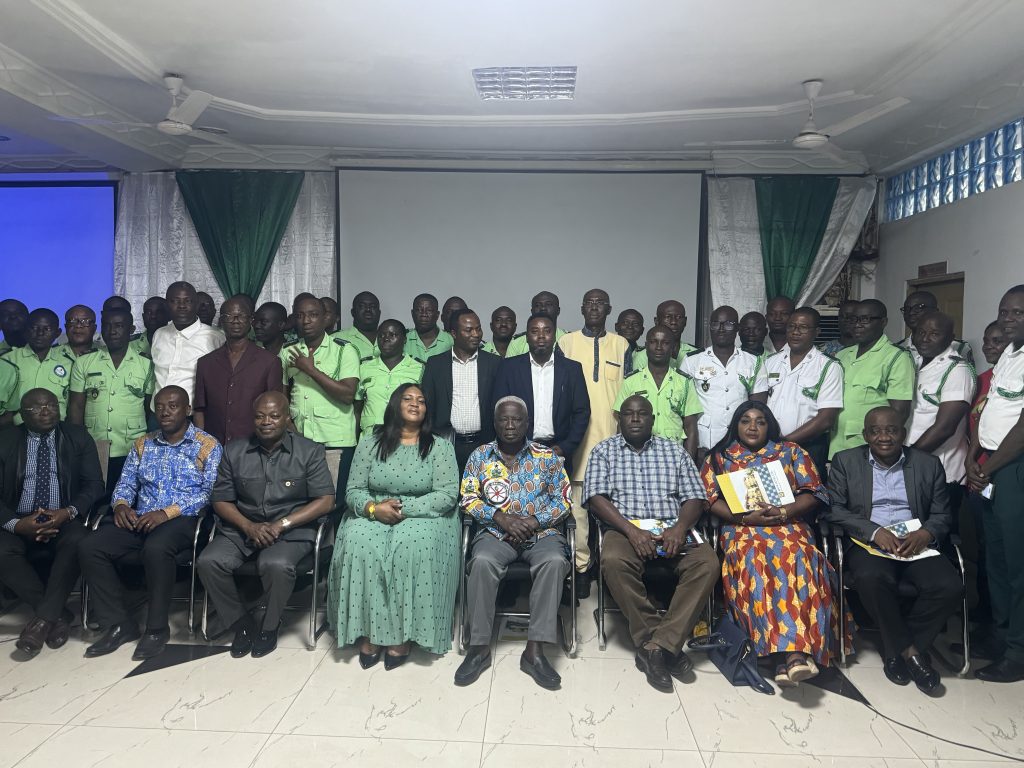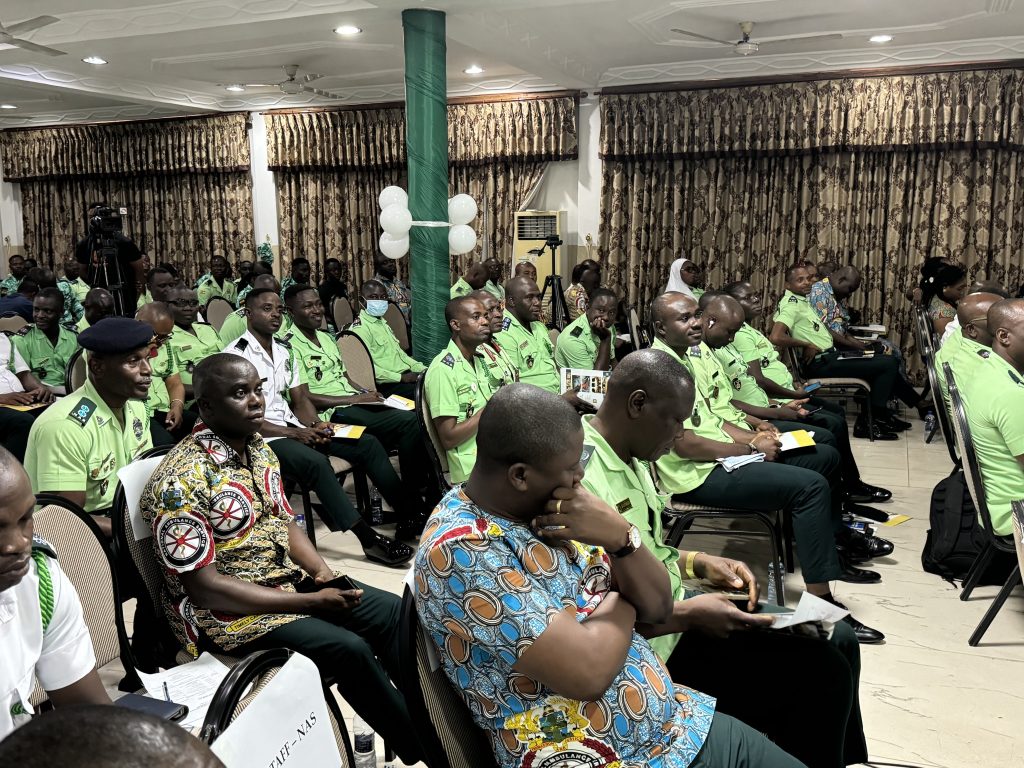By Florence Afriyie Mensah
Ejisu (Ash), July 30, GNA – Government will soon commission a new fleet of vehicles equipped with modern medical technologies to augment the operations of the National Ambulance Service (NAS).
Madam Adelaide Ntim, Deputy Minister of Health, who announced this, said the landscape of emergency medical services was constantly evolving, and it was imperative to continue to innovate and adapt to meet the changing needs of society.
Addressing the staff and management of NAS at the launch of the 20th-anniversary celebration and annual performance review meeting of NAS at Akyawkrom, in the Ejisu Municipality, she said the government was committed to continuous improvement and exploring new technologies and practices to enhance the quality of services of the NAS.
She said one key priority moving forward would be for the Service to strengthen partnerships with other healthcare institutions and stakeholders to improve service delivery.
Madam Ntim pointed out that, collaboration was essential in the field of emergency medical service to create a more integrated and efficient system, adding that, there was going to be a strong advocacy for policies and funding that supported the growth and development of the NAS.
The Deputy Health Minister commended the National Ambulance Service for being at the forefront of providing timely medical assistance in various emergencies such as road accidents, medical emergencies, and disaster response medical cover for public events.
According to her, the formation of the emergency medical service had significantly improved the survival rates of individuals involved in accidents and other medical distress, thereby contributing to the overall health and well-being of Ghanaians.
“One of the notable impacts of NAS is its role in bridging the gap between rural and urban healthcare.

By establishing stations in remote and underserved areas, we have ensured that even the most isolated communities have access to emergency medical services,” she emphasized.
Madam Ntim said the government would continue to invest in the training of personnel, provide opportunities for career advancement, and ensure that workers had a supportive and conducive work environment.
Professor Ahmed Nuhu Zakariah, Chief Executive Officer of the NAS, said Ghana had seen drastic growth in emergency medical service in the last two decades.
He explained that Ghana could now boast of 297 ambulance stations instead of seven some twenty years ago.
In terms of personnel, he said the Service started with just 64 but now had a staff strength of 3,471.
Prof. Nuhu Zakariah noted that it was obvious that with time the nation could get to where the advanced countries were in terms of emergency medical systems.
What Ghana needed was to start engaging all stakeholders such as the police, fire service and volunteer system, to form a team, as was being practised in advanced countries to quickly respond to emergencies.

GNA